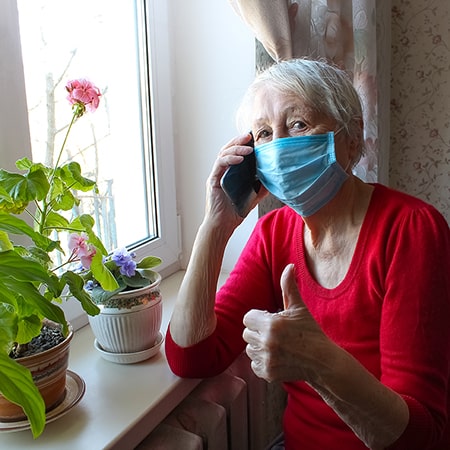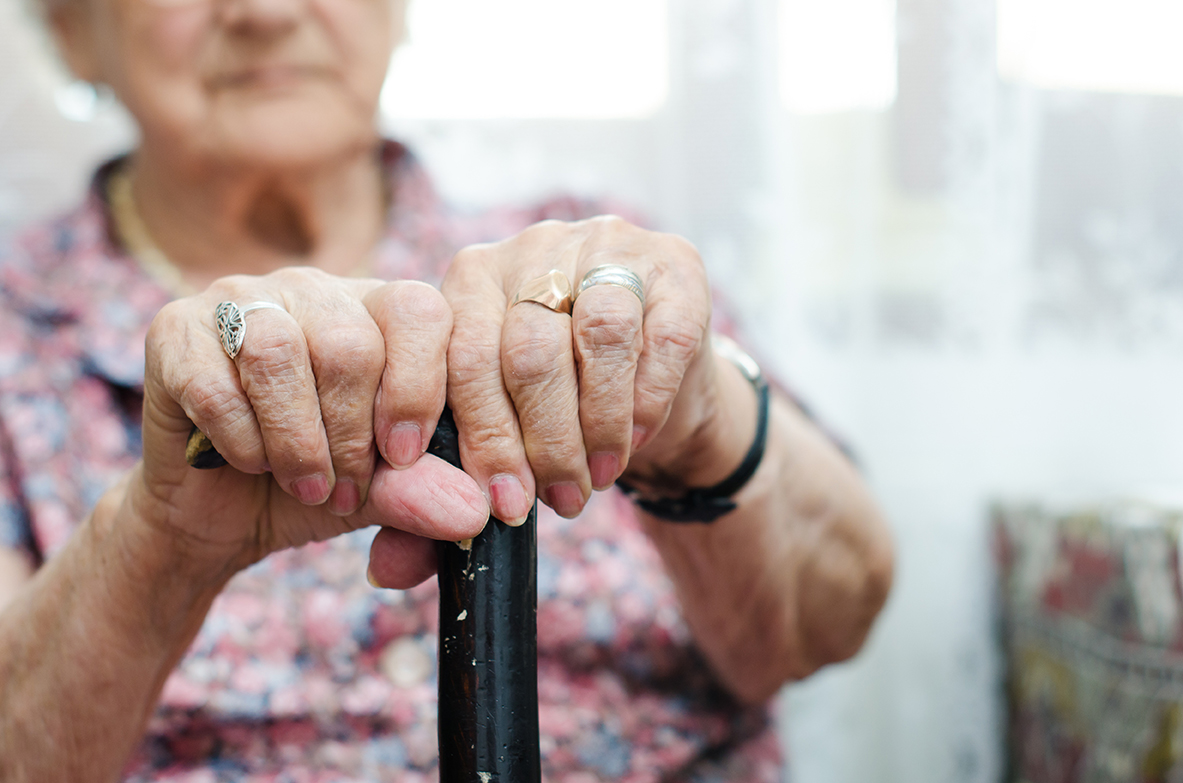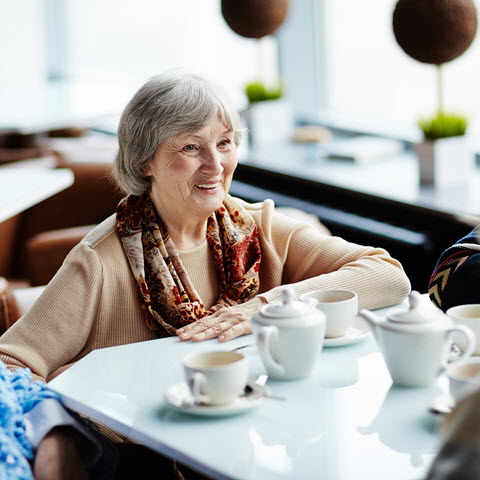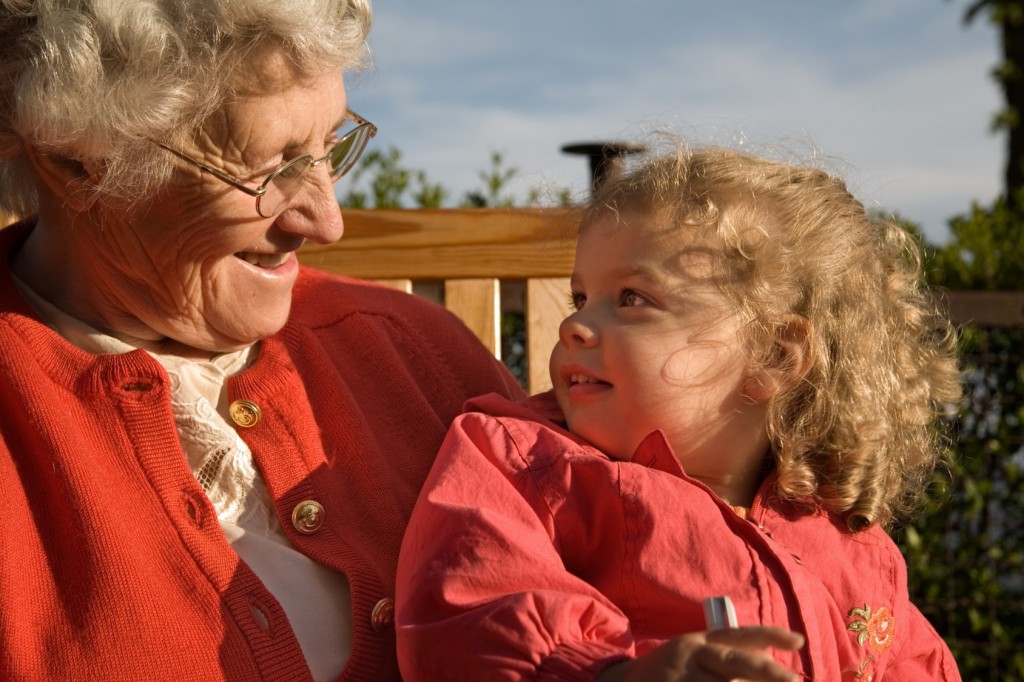
Elderly caregiving is a selfless and rewarding role often undertaken by family members who want to provide love, support, and comfort to their aging loved ones. As the elderly population continues to grow, so does the need for compassionate caregivers who can offer assistance and companionship. In this article, we will explore the importance of elderly caregiving, its challenges, and ways to provide the best support to aging family members.
Section 1: The importance of elderly caregiving
- Preserving dignity: Aging can bring changes that impact independence, but caregivers play a vital role in respecting autonomy while assisting with daily tasks.
- Emotional well-being: Companionship and emotional support are crucial for seniors' well-being, reducing feelings of loneliness and isolation.
- Healthcare coordination: Caregivers act as advocates, ensuring their loved ones receive proper medical care and support.
- Safety: Creating a safe environment is essential for preventing accidents and falls, enhancing the quality of life for seniors.
Find YOUR ideal care home NOW!
Section 2: Challenges of elderly caregiving
- Emotional strain: Witnessing health decline can cause stress and anxiety for caregivers, impacting their own well-being.
- Physical demands: Assisting with daily activities can be physically demanding, leading to exhaustion and fatigue.
- Time commitment: Caregiving requires significant time and dedication, often affecting personal and professional life.
- Financial pressure: Caregiving may strain finances due to reduced work hours and expenses related to care.
Section 3: Supportive Strategies
- Open Communication: Honest communication helps understand the needs and preferences of our loved ones, fostering trust and connection.
- Seeking Respite: Taking breaks and seeking respite care allows caregivers to rest and recharge, preventing burnout.
- Support Groups: Connecting with other caregivers provides emotional support and practical advice, reducing feelings of isolation.
- Professional Help: Considering professional caregiving services can lighten the workload and ensure high-quality care for seniors.
- Self-Care: Prioritizing physical and mental well-being is crucial for caregivers' health and resilience.
- Planning for the Future: Discussing and planning for potential changes in care needs helps caregivers anticipate challenges and make informed decisions.
Elderly caregiving is a deeply compassionate act that honors the dignity and well-being of aging family members. Despite its challenges, it offers opportunities for growth, connection, and profound moments of love and care. By embracing supportive strategies and prioritizing self-care, caregivers can provide the best possible support to their loved ones, ensuring they age with grace, dignity, and the comfort of knowing they are cherished.
Challenges of Elderly Caregiving
| Challenge | Description |
|---|---|
| Emotional Strain | Witnessing a loved one's health decline can cause emotional strain and anxiety for caregivers. |
| Physical Demands | Assisting with daily activities can be physically demanding, leading to caregiver fatigue and exhaustion. |
| Time Commitment | Caregiving requires significant time and dedication, often affecting the caregiver’s personal and professional life. |
| Financial Pressure | Caregiving may lead to financial strain due to reduced work hours and additional care-related expenses. |
If you're an elderly caregiver, remember that you're not alone on this journey. Reach out to support groups, seek professional help when needed, and prioritize your well-being. Together, we can provide the compassionate care our aging family members deserve.
FAQ:
What is the importance of elderly caregiving?
Elderly caregiving is important for preserving dignity, providing emotional support, coordinating healthcare, and ensuring safety, ultimately enhancing the quality of life for seniors.
What are the common challenges of elderly caregiving?
Challenges include emotional strain, physical demands, time commitment, and financial pressure, as caregivers balance their personal responsibilities with caregiving duties.
How can caregivers support their well-b
eing?
Caregivers can prioritize their well-being by practicing self-care, seeking respite care, joining support groups, and maintaining open communication with family and healthcare professionals.
What role do support groups play in elderly caregiving?
Support groups provide emotional support and practical advice, helping caregivers feel less isolated and more empowered in their caregiving role.
What are some strategies to manage caregiving stress?
Strategies include open communication, taking breaks, planning for the future, and considering professional caregiving services to lighten the workload.
How can I ensure my loved one receives proper care in their later years?
Develop a comprehensive care plan, seek professional help, and involve family members to ensure that your loved one’s needs are met, and their well-being is prioritized.
What are the benefits of professional caregiving services?
Professional services can provide expert care, reduce the caregiver’s workload, and ensure that the elderly receive the necessary support, especially when specialized care is required.
Why is it important to plan for the future in caregiving?
Planning ahead helps caregivers anticipate challenges, make informed decisions about long-term care, and ensure their loved ones’ needs are met as they evolve.
How can I find the right care home for my loved one?
When choosing a care home, consider the level of care required, available support services, staff training, and the facility's reputation. Contact care advisors or use trusted resources to make an informed decision.
If you need advice regarding which care home to choose, contact Senior Home Plus or fill out this form.
Do you need a care home for yourself or your loved one?
Share this article :
Latest posts
You are looking for an establishment for your loved one ?
Get availability & prices
Fill in this form and receive
all the essential information
We would like to inform you of the existence of the opposition list for telephone canvassing.











